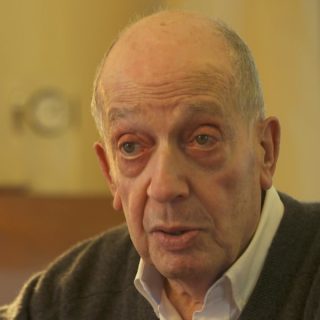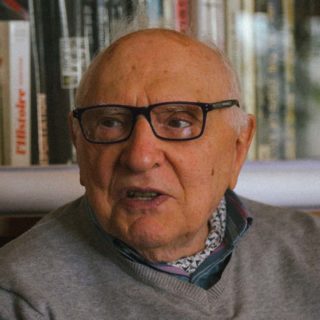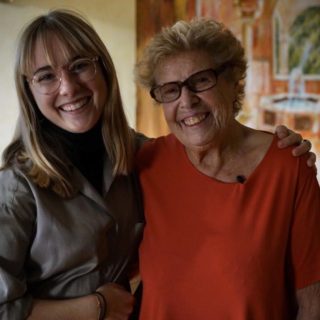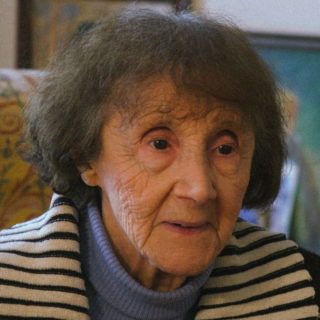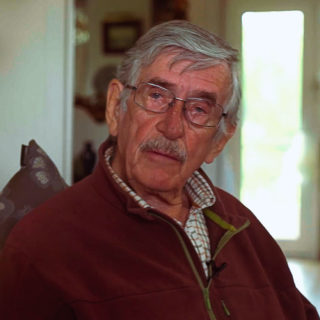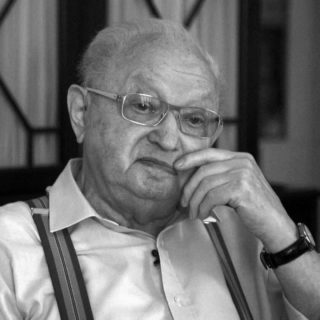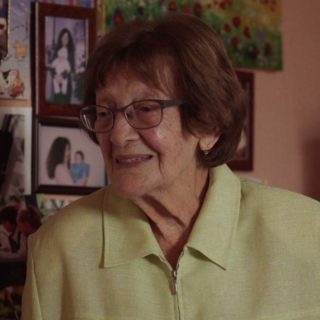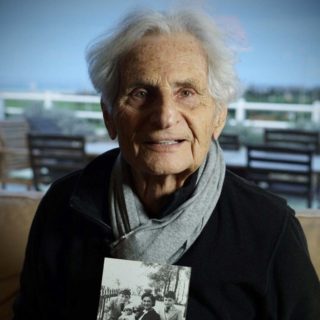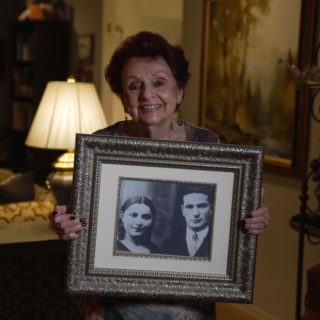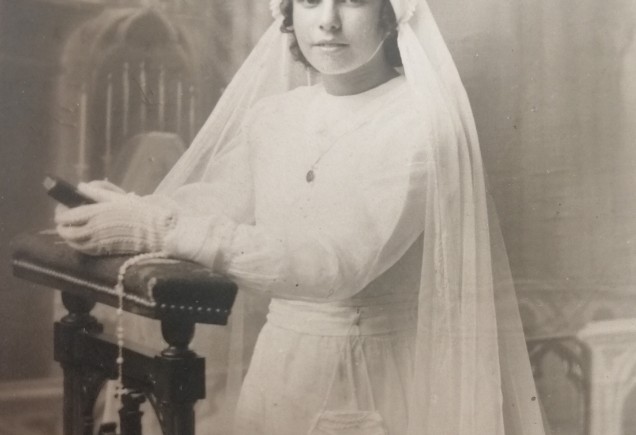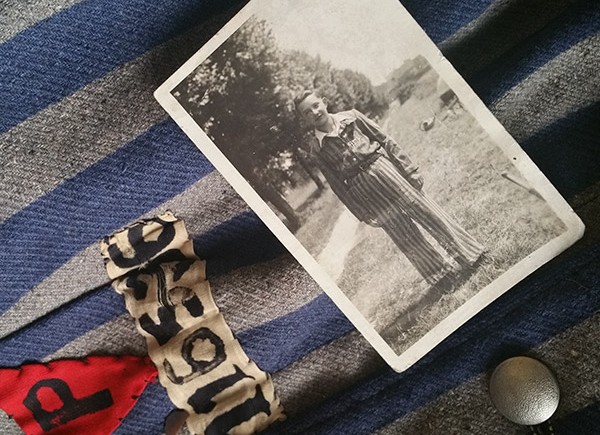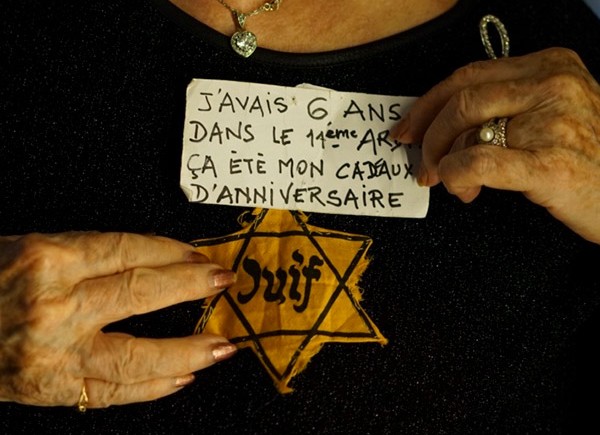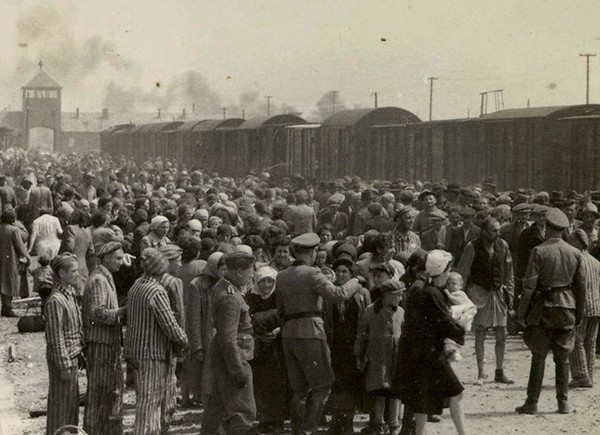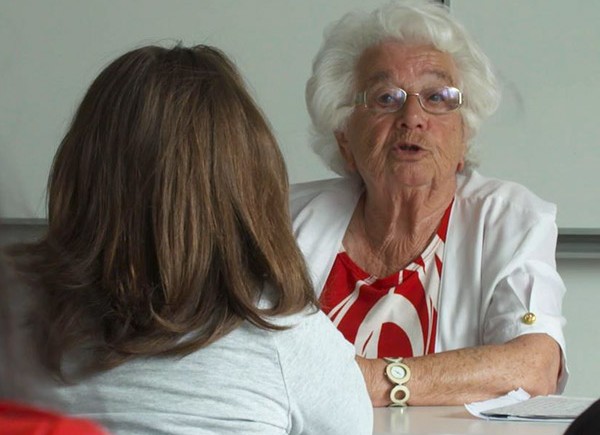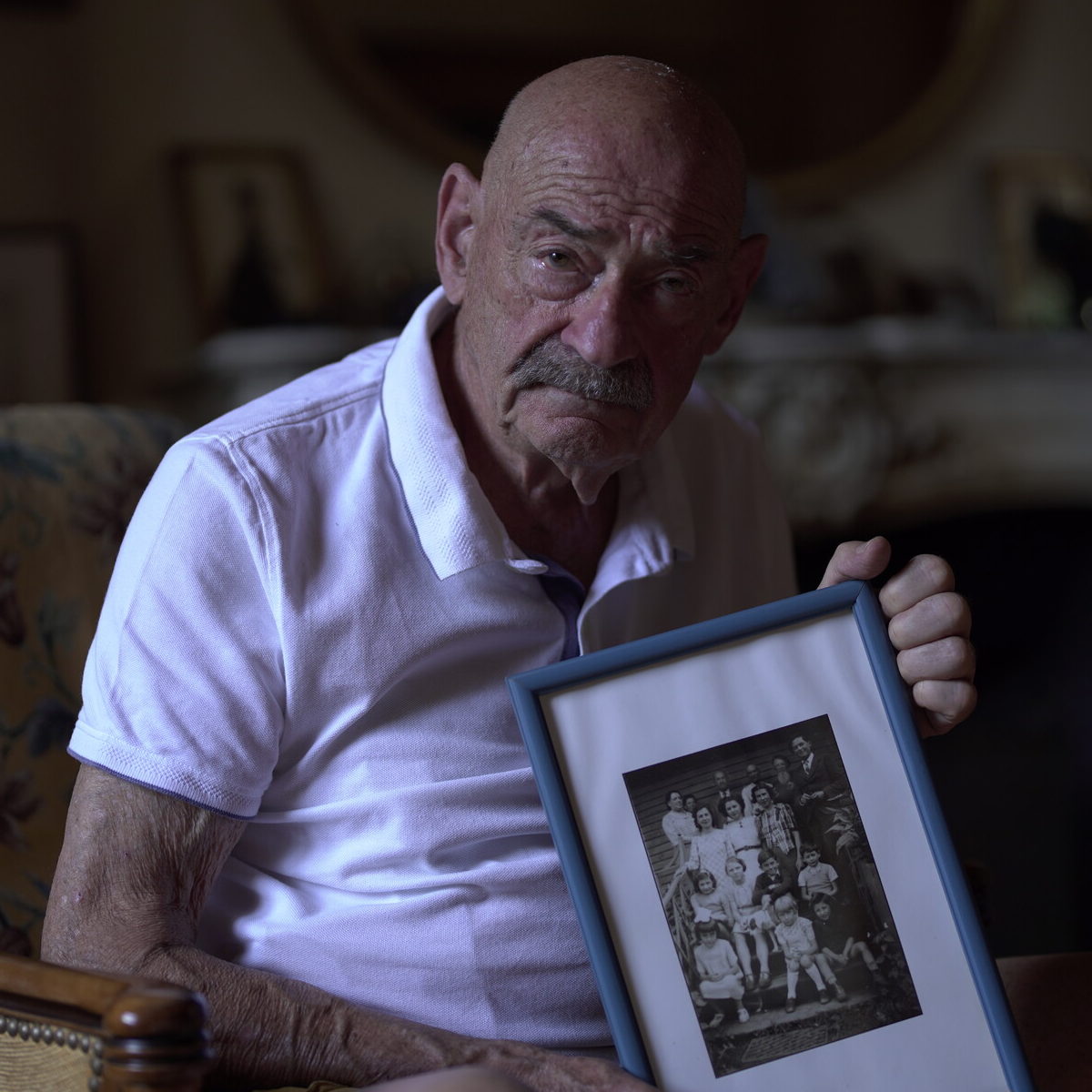
Joseph
Weisman
Joseph Weisman
My visit to Joseph
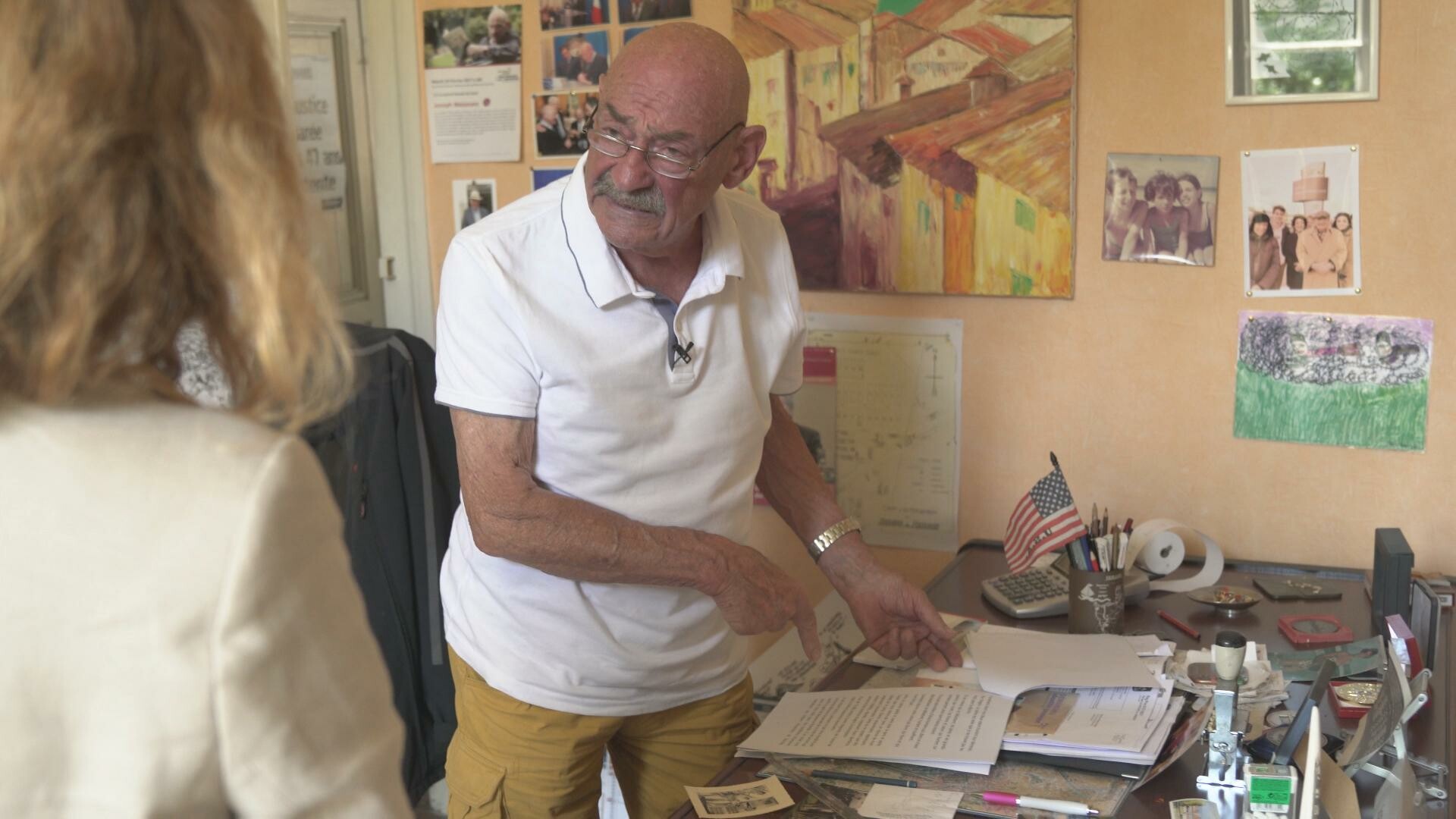
Clips
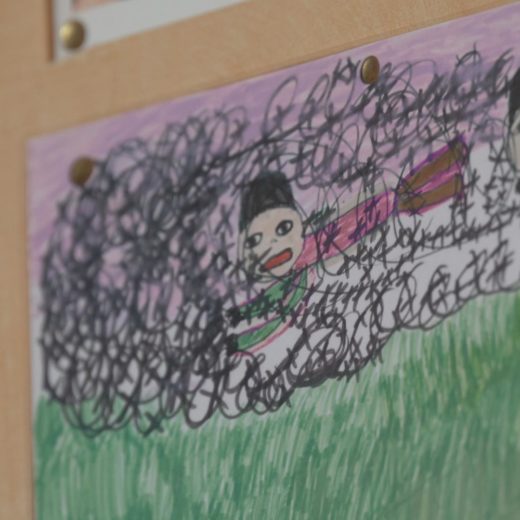
Joseph
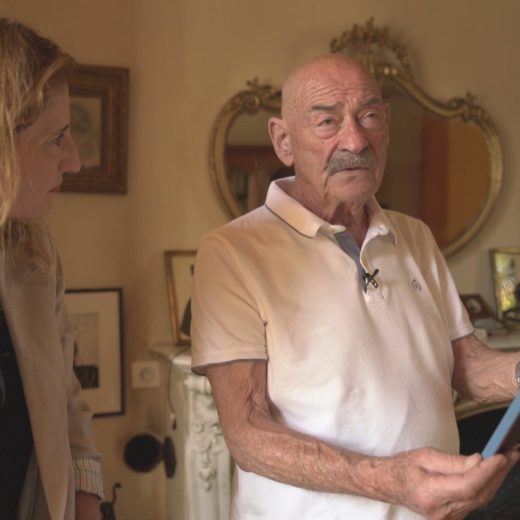
Joseph
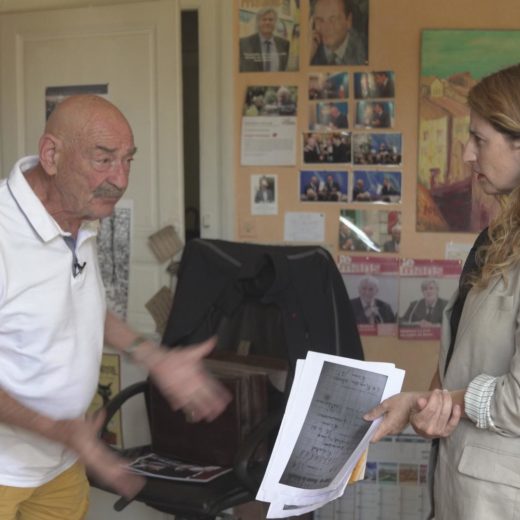
Joseph
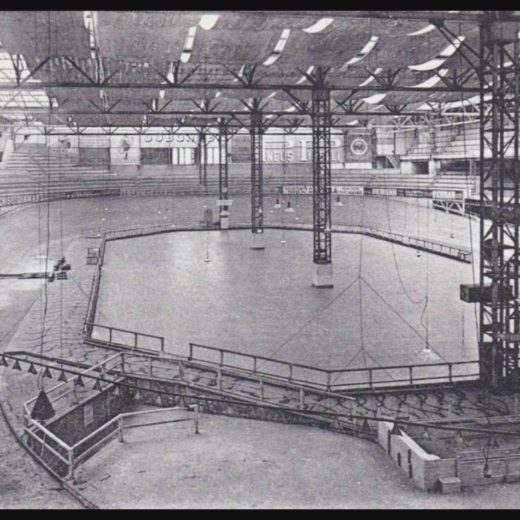
Joseph
Livres
–
Of the 70,000 Jewish children living in France in 1939, around 11,000 perished in the camps, while the rest miraculously survived the war, often in hiding, in convents, in the countryside, sometimes in closets. Today, only a few of them can testify to their experience of hiding, their loss of identity, the uprooting from their family environment and the silence that followed the end of the war. History has been slow to make room for them in the hierarchy of victims.
Sophie Nahum went to meet the last surviving hidden children of the Holocaust to hear what they had to say. These men and women speak out here, sometimes for the first time, and it is the children they were that we hear.
Sophie Nahum has been making documentaries for over 20 years. After working for the major channels, most notably Arte, she decided to produce her films independently. Young et moi (2015, awarded at FIGRA) was the first, followed by the multi-media project “Les Derniers”, to which she has devoted herself entirely for the past four years.









